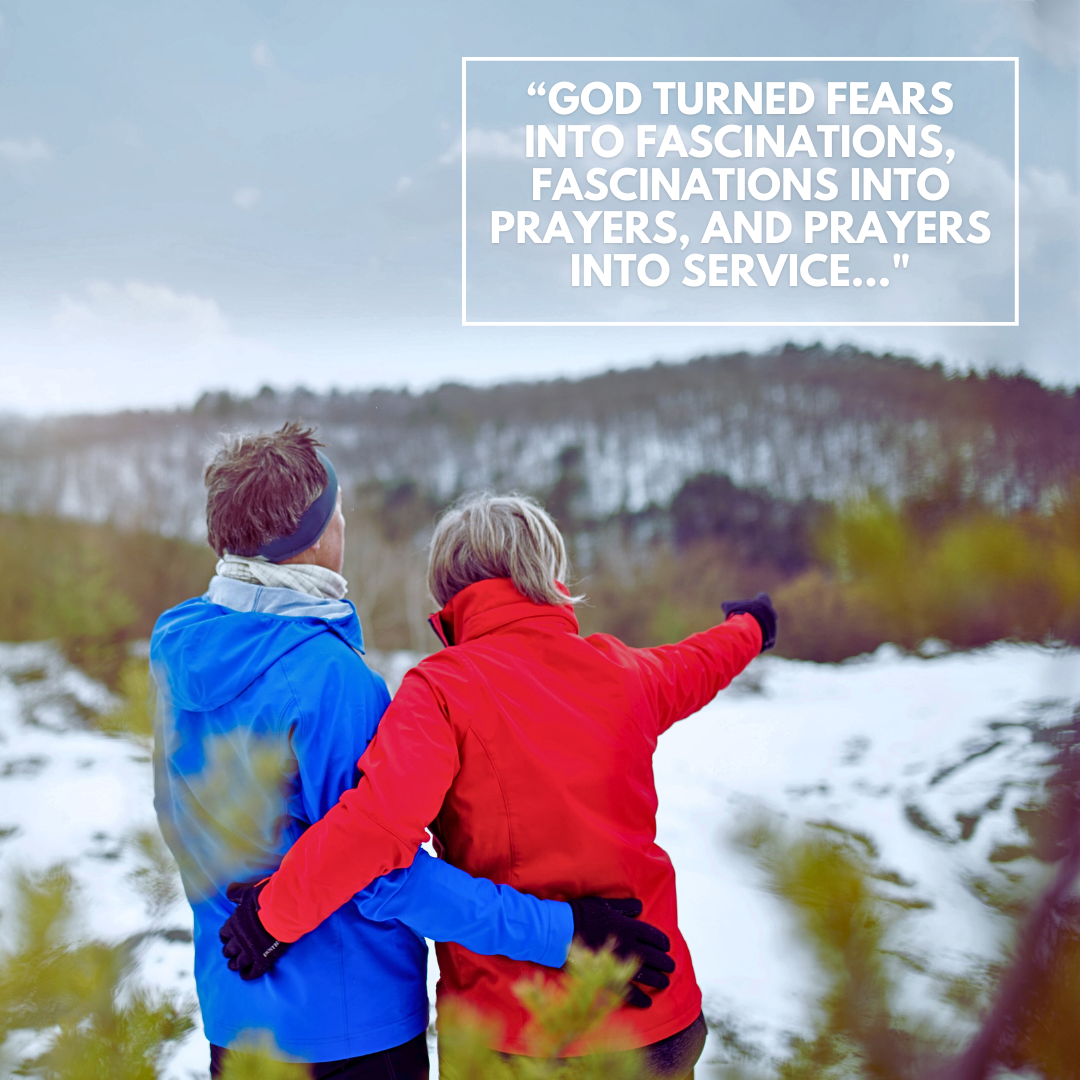
How I Ended Up in Missions and Why I Watch War Movies
By a member of
SEND North
Some of us who have served a long time in missions have been asked to share how God called us in the hopes that a younger generation can relate to this, at least in part, and respond to God’s call for their lives. I’m not sure many will relate to my story, but perhaps you will, so here goes.
My childhood memories in the 1960s were mainly of fears and anxieties, both reasonable and imagined. Some fears were justified by where and when I lived (nuclear war, bullies, tornadoes); others were phobias (spiders, shots, drowning). I became intrigued with stories of courage, maybe because I had so little of it.
When I came to faith at Indiana University in the early 1970s, my first fellowship was with believers in my dorm who were Russian Language majors. As I prayed with them, I became aware of the persecution that Russian believers faced. I was fascinated with the courage and sacrifice of Russian pastors in the cause of the gospel. I remember praying, “Lord, show me how I can help the church in Russia and East Europe.”
He did. While in graduate school (the Lord had taken my fear of tornadoes and turned it into a fascination with meteorology), I went to the Urbana 1979 Missions Conference, looking for opportunities to teach at an African university as a tent maker when I graduated. Instead, I learned of an organization preparing Russian language Bibles, literature, and radio programs for what was known then as the Soviet Union. I spent the next 10 years working with the Slavic Gospel Association, preparing science apologetics radio scripts for young people, translating them into Russian, and broadcasting them on short waves into East Europe and the former USSR.
So, that was my call to missions. It was hardly a Damascus Road experience. Yet, in all the steps over the years, God drew me in the same direction, turning fears into fascinations, fascinations into prayers, and prayers into service. The whole process was a call to missions.
The world has changed a good deal since that original calling. More than four decades after the Urbana conference, my wife and I now care for missionaries in remote places with SEND North in Alaska and Western Canada. We serve others who are reaching out to refugees in Northern cities and indigenous people in remote villages. But I still work to support, encourage, and pray for the bravest people I know who sacrifice and serve the cause of the gospel.
And that is why I watch war movies. I am not a particular fan of blood and explosions. But stories of courage and sacrifice for a higher cause draw me in. I can still hear John Stott’s Urbana message in his British accent, “Our God is a missionary God, and he who would serve him must be about the missionary enterprise.” Are you being drawn into God’s gospel story?
Additional Posts




